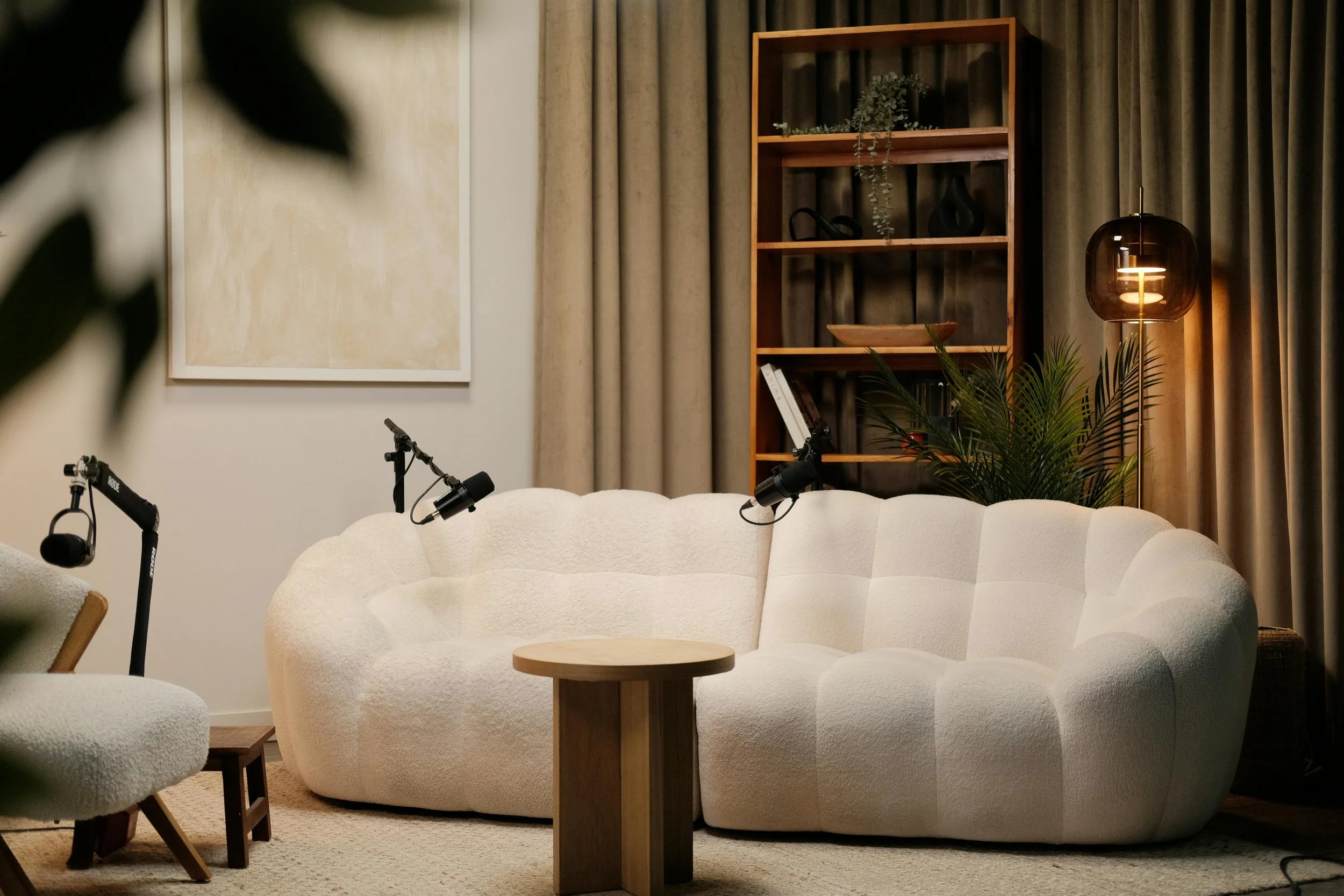The lost art of the interview
Anyone who knows me, knows about my deep appreciation of Malcom Gladwell’s books, podcasts, and once upon a time writings for The New Yorker magazine. I’ve read and listened to as many of them as I can get my hands on. The ideas he writes and talks about have helped to shape me into the researcher I am today. So, imagine my excitement when the latest episode of Revisionist History, entitled The Joe Rogan Intervention, discussed the lost art of the interview.
At heart I’m a qualitative researcher. I deeply enjoy learning about people and why they think and do the things they do. When I was young this meant annoyingly asking, “yeah, but why?” a lot. In grad school this meant asking faculty and fellow students how they manage to function within a system (the university) that was in a constant struggle between students’ perception of universities as teaching institutions and faculties’ perception of them as research institutions that did a little teaching on the side (my master’s thesis).
Through interviews I’ve learned about pharmacists and their role in patient care on hospital wards, along with the experiences of physicians and patients who worked with the pharmacists. They have also allowed me to learn from patients with end-stage renal disease how they decided that there weren’t going to have a kidney transplant, despite it being the recommended treatment. Interviews and focus groups have also given me my first glimpse into what it means to co-design research projects alongside patients and non-researcher stakeholders, which opened a whole new world of research possibilities with huge impact.
Two things struck me about this episode that I think people miss about research interviews sometimes. First, interviews are legitimately hard work (and no, I am not just talking about preparation since that goes without saying). Rather, Gladwell referred to how much work they are once you get going. You see it’s not just about asking the questions in the right order. It’s also about listening carefully to be able to guide the discussion in directions that neither you nor your participant could have anticipated. You listen with your whole body to make sure the person is comfortable, you’re getting helpful information for your research question, and for those little tidbits you know when you started. By the end of good interviews, I am exhausted.
This leads me to the second thing of note from this episode; all interviews should lead to some new or hidden insights about the topic. While podcast episode was focussed on interviews for journalistic or entertainment purposes, I know the spirit of this idea holds for research too. Interviews, in general, and for the purposes of research in particular are artificial events about topics the participant has no reason to consider in this context (Why you ask? Because this is YOUR research question and thought processes that led to this moment. Your participant won’t know those things until you start talking). The goal is always to reveal some secret or hidden idea.
As such, I often warn my students that one of the risks of interviewing is that your participants will tell you something they hadn’t anticipated talking about (listen to the episode for Gladwell’s experience with this). When we have this discussion, students often get nervous about unintended harms and getting into trouble with the ethics board. While harm is always possible, I don’t believe that it should stop us from carefully seeing where the discussion leads.
If one of the participants in the study about end stage renal disease had not shared his deeply personal experience with his rejection episode, I don’t think we ever would have identified our core concept of “Why take a chance?” This was the idea that patients don’t follow physician advice because they are uniformed or foolish, but rather the patients in this study were making this decision after carefully weighing their individual life circumstances and deciding what was best for them in that precise moment. If this proposed theory were hold across patients and patient populations, we’ve gained insights into patient decision making processes which should change counselling approaches about various treatment options.
Getting to this moment took 3 hours and a multitude of weird twists and turns, that looking back now, were all connected, but not in a way the participant could have clearly articulated if I had asked directly.
Anyway, take a listen and let me know what you think.
Want to learn how you can do this in your interviews for research? Please get in touch.
(Words: 757)
